Renowned Speakers
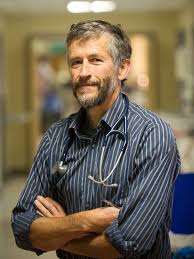
Michael Lean
University of Glasgow UK
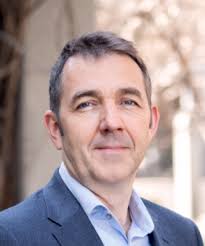
Geoffrey W. Abbott
University of California USA
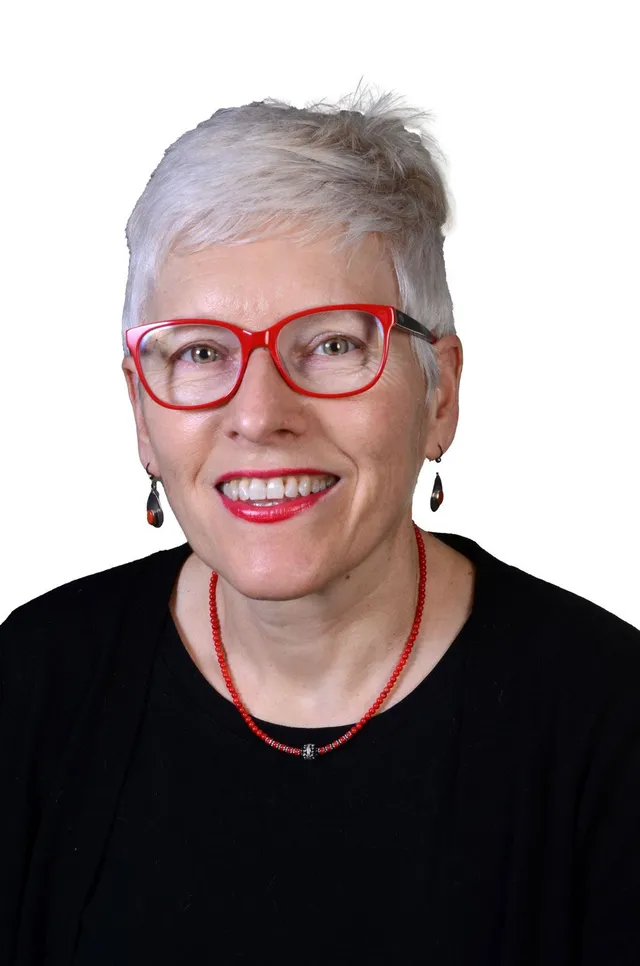
Marina Cetkovic-Cvrlje
St. Cloud State University USA
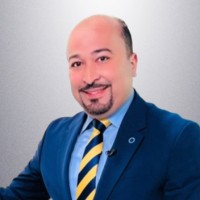
Mohammad Alhadj Ali
Cardiff University School of Medicine UK
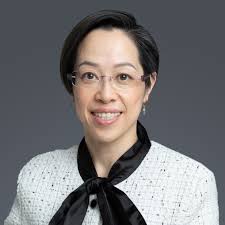
Wendy Wong
Professor, Chinese University of Hong Kong China

Yuri Yoshida
University of Evansville USA
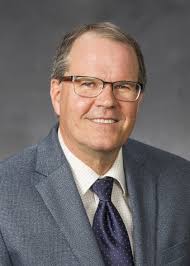
David O. Draper
Brigham Young University USA

Caroline Janitz
Western Sydney University Australia
Recommended Global Alternative Healthcare Webinars & Conferences
Europe & UK
Asia Pacific & Middle East
Canada
TRADITIONAL MEDICINE- 2026
To Collaborate Scientific Professionals around the World
Conference Date February 09-10, 2026
For Sponsors & Exhibitors
Speaker Opportunity
Useful Links
Past Conference Report
Supported By
All accepted abstracts will be published in respective Conference Series International Journals.
Abstracts will be provided with Digital Object Identifier by
